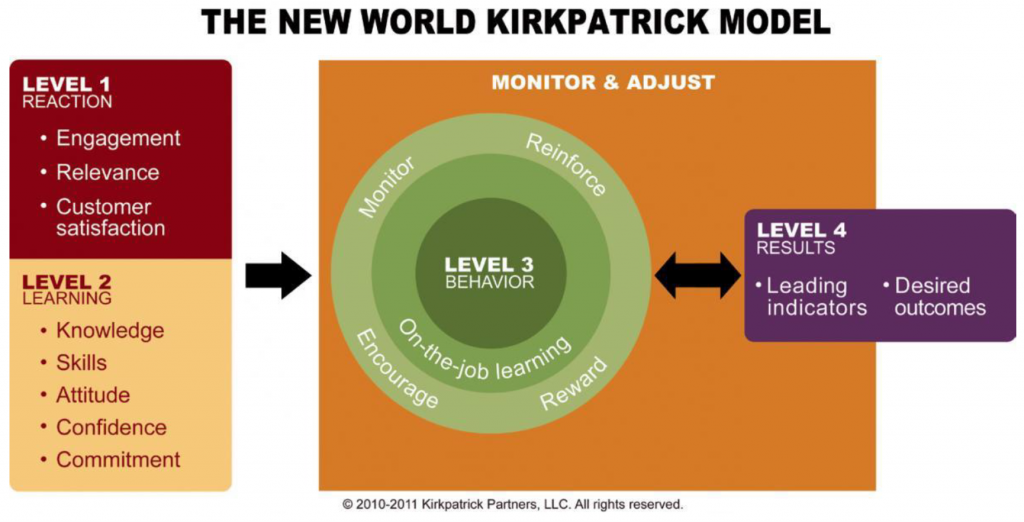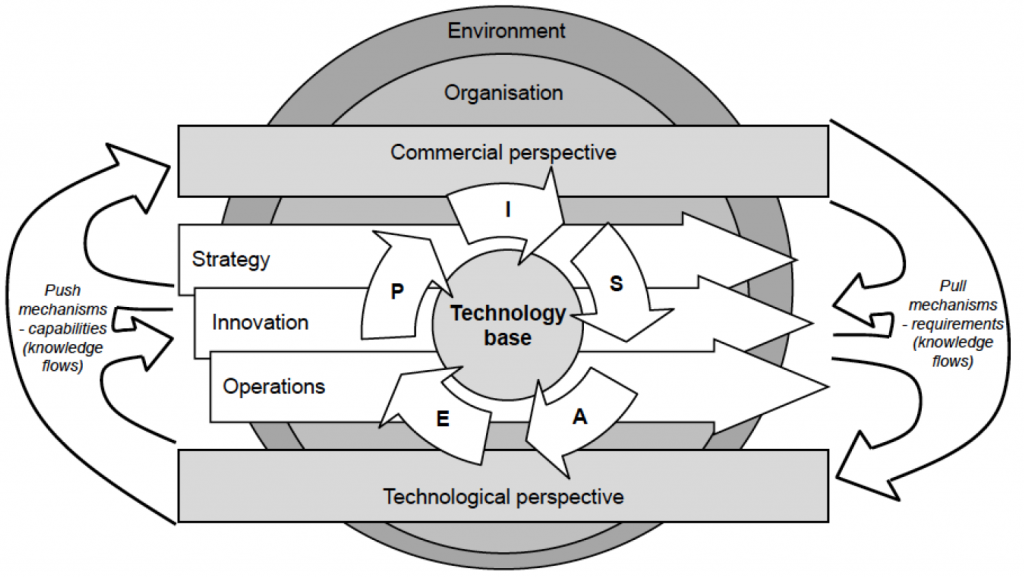Imoh Ilevbare works at Institute for Manufacturing, University of Cambridge as a Senior Solutions Development Specialist / Technology and Innovation Management Consultant, where he is responsible for developing management tools for industry from Institute for Manufacturing research, especially in the area of Innovation and Technology Management.
In addition, Imoh delivers bespoke solutions and training in response to client’s business-specific requirements, in areas including roadmapping, strategy, marketing, creativity and innovation risk management.
Imoh has a PhD from University of Cambridge in strategic innovation and technology planning and obtained a First Class Honours degree in Mechanical Engineering. He has previously worked in oilfield servicing and FMCG industries.
Related posts
One of the biggest challenges facing technology developers is how to blend and combine human, analytical and digital processes. A new six-week course, ‘Product Technology Roadmapping’ from the University of Cambridge, aims to help resolve these issues and show how the use of roadmapping can ensure technological decisions and developments are aligned with product and business plans.
Imoh Ilevbare works at Institute for Manufacturing, University of Cambridge as a Product Manager he has provided a quick overview of these papers from Technovation
Want to know about R&D Management but too busy to read all the journals? The editors for R&D Today have each selected a journal and have made a selection of the most interesting papers of recent years.
Small and medium sized businesses account for 66 per cent of total employment in the EU and contribute 57 per cent of the value – but how much support do they have to be innovative and can coaching help?
Increasingly the alignment of technology management and innovation management is seen as crucial to the performance of knowledge and manufacturing-based organisations, creating a demand for improved methods to assess performance.
Could coaching provide the support that SME’s require to improve their innovation activities? In a pilot 10 SMEs were introduced to strategy and technology management tools developed through research and given coaching on applying these tools to their own processes to improve their innovation activities.
To extract best value from investments in technology and innovation, managers need to address a wide range of aspects. The emerging ISO standards provide an opportunity for improved tools to assist. One such tool, the Innovation Technology Management (ITM) process framework was shown to provide insights into performance trends and identify issues commonly faced across the oil and energy sector.
Imoh Ilevbare works at Institute for Manufacturing, University of Cambridge; he has provided a quick overview of these open access papers from Technovation.
This paper explores how coaching using University generated knowledge can be seen as a form of inbound organizational innovation that enables SMEs to improve their innovation activities.
Based on their observations of top-performing businesses, Cooper and Edgett’s paper provides a structured framework for strategy development
TRIZ provides a useful structure for thinking and brainstorming, enabling ideas to be developed more quickly. However it requires patience to understand it
There are at least two modes styles of thinking that managers appear to follow in developing their strategy: intuitive and analytical.
Roadmapping is a planning approach that provides a structured ‘lens’ with which to look at a complex situation and deduce action plans. Dr Imoh Ilevbare will discuss the benefits of this approach in a webinar on 19th April 2017, 13.00 BST.
What makes a disruptive technology successful? According to Hardman et al, the winning characteristics include being disruptive to market leaders, end users and infrastructure. Their analysis proves useful to both potential disrupters and the incumbent.














